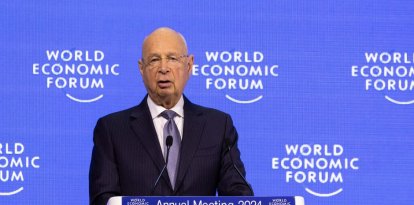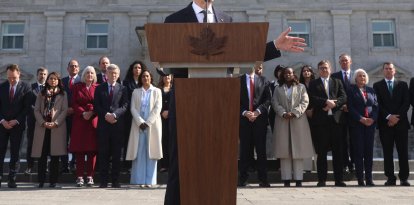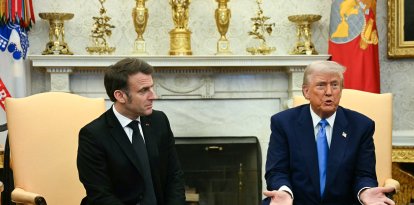Argentina: Javier Milei's 'anti-picketing protocol' reduces violent protests by 50%
At the same time, as of December 20, 2023, there have been no more total traffic blockades in Buenos Aires, which was commonplace in recent years.

Javier Milei
Javier Milei took office as president of Argentina on December 10, 2023. Almost eight months later, violent demonstrations have been reduced by 50% in the City of Buenos Aires and there are no longer any total traffic cuts due to demonstrations, which happened very often during the last Peronist administration.
Hand in hand with its security minister, Patricia Bullrich, Milei's government implemented the "Protocol for the Maintenance of Public Order," commonly known as "Anti-Picketing Protocols," which enables federal security forces to intervene in cases of "impediments to the transit of people or means of transport, partial or total cuts of national routes."
In other words, it removes the bureaucracy that previously delayed and even made the participation of these forces to disperse demonstrators impossible.
According to data from the Ministry of National Security, since December 20, the aforementioned protocol was applied 310 times with 50 thousand officers mobilized. "One of the great challenges that Milei's Government had was to disarticulate, to diminish, the almost 8,000 pickets that had taken place in the country in 2023, of which about 1,500 were carried out in the City of Buenos Aires. Most of them had been led by piqueteras organizations. For now, the Casa Rosada seems to be winning the battle," Infobae reported.
Added to the rhetoric of the Argentine president, this is very much in favor of the security forces and against violent demonstrations, which helps deter violence in the streets.
"If you take to the streets, there are going to be consequences"
The protocol also requires that "columns" of demonstrators circulate on sidewalks not to disrupt traffic, encouraging concentrations in plazas.
A few days after the implementation of the protocol, the presidential spokesman for Milei's administration, Manuel Adorni, justified the government's action.
"We do not want the rights of those who get up every day to go to work and are faced with roadblocks that make them arrive several hours late to their jobs. Not only is it not fair, it's illegal," he explained in December.
"The streets are not taken. We are going to order the country so that people can live in peace. If the streets are taken, there will be consequences," said Bullrich, who was recently in El Salvador to exchange experiences with the team of President Nayib Bukele, who managed to greatly reduce insecurity in his country.
RECOMMENDATION























